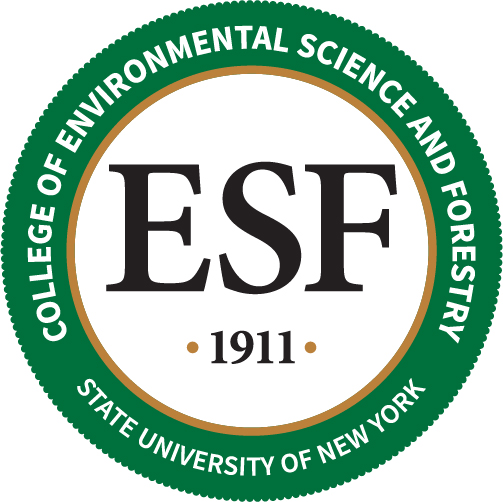Newswise — Washington, D.C. — More than 1,100 Native American and Indigenous scientists, scholars and allies worldwide have endorsed the March for Science that will be held in more than 500 locations around the world this Saturday.
Co-authored by four leading Native American scientists and scholars, a declaration called “Let Our Indigenous Voices Be Heard” states, “Let us remember that long before Western science came to these shores, there were scientists here.... Western science is a powerful approach, but it is not the only one.”
On Earth Day, April 22, tens of thousands of supporters of science will gather in Washington D.C. and at satellite marches worldwide to advocate for the critical role science plays in protecting and improving human societies and to urgently call attention to the way new U.S. public policies threaten science. The declaration celebrates Indigenous Science as a respected partner for answering scientific questions and supports pluralism in scientific creation.
The co-authors — Robin Kimmerer, Ph.D., of the College of Environmental Science and Forestry (ESF) in Syracuse, New York; Rosalyn LaPier, Ph.D., of Harvard Divinity School; Melissa Nelson, Ph.D., of San Francisco State University/Cultural Conservancy; and Kyle Whyte, Ph.D., of Michigan State University — state, “We imagine the declaration as a powerful statement to illuminate and elevate Indigenous Science in the minds of the public and scientific communities, for the benefit of people and planet.”
“Indigenous science holds a wealth of knowledge and a powerful paradigm by which we understand our place in the living world,” Kimmerer said. “It is essential to the problems we face today and yet has been historically marginalized by the scientific community.”
LaPier added, “As scientists and scholars we support western science, but we also seek to empower our Indigenous people and communities and uplift Indigenous Science. We want to give them voice and their place at the table – science impacts all peoples.”
Prominent signers of the letter include Indigenous scientist Karletta Chief, Ph.D., (Navajo), assistant professor of soil, water and environmental science at the University of Arizona; emerging STEM student Danielle Antelope (Eastern Shoshone/Blackfeet) of Blackfeet Community College in Montana; Christof Mauch, Ph.D., director of the Rachel Carson Center for Environment and Society in Munich; and Bill McKibben, Founder of 350.org.
Whyte, who will attend the March for Science in Albuquerque, New Mexico, commented, “I cannot emphasize enough how the diverse Indigenous Science traditions lead by example in showing everyone the close connections between curiosity and research and the achievement of justice, healthy communities and environmental sustainability.”
Nelson, who will be in San Francisco, California, stated, “To successfully address our world’s pressing ecological issues, it is critical that we look to the multiple place-based and time-tested sciences of Indigenous peoples.”
The declaration joins with other Indigenous Science organizations that have already endorsed and partnered with the March for Science, including the American Indian Science and Engineering Society, the National Coalition of Native American Language Schools and Programs, and the Society Advancing Chicanos/Hispanics and Native Americans in Science. The declaration’s authors all have Native American heritage: Kimmerer and Whyte, Potawatomi; LaPier, Blackfeet/Métis; and Nelson, Anishinaabe.
The declaration and list of signers is available at the ESF Center for Native Peoples and the Environment website, http://www.esf.edu/indigenous-science-letter/ and at https://sites.google.com/view/indigenous-science-letter.
